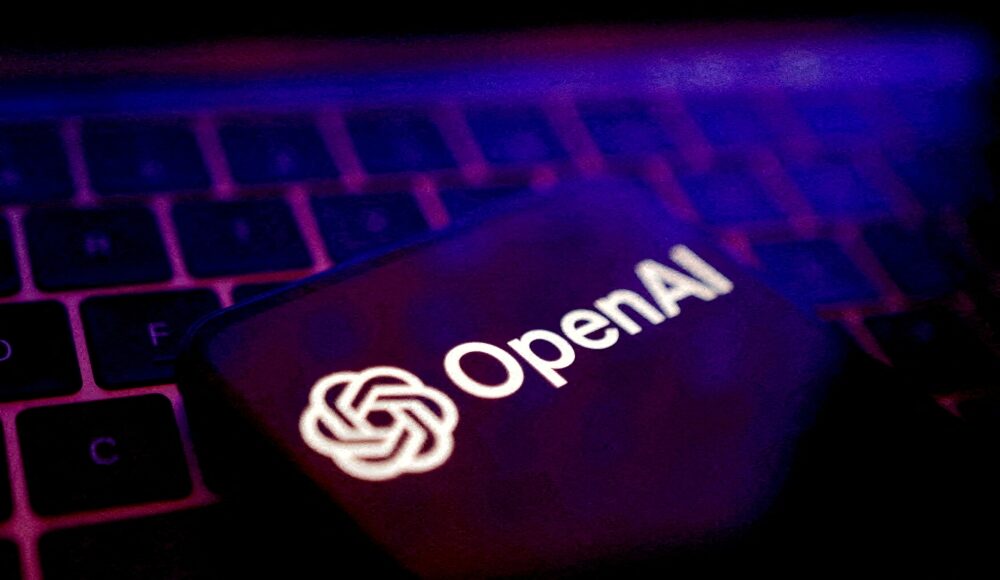MAY 7 — A recent trend I’ve seen on various social media platforms involves people seemingly “flexing” that they graduated before the existence of ChatGPT (and other forms of AI).
The implication of this “flex” is that the current generation of students have it easy, using ChatGPT to complete their assignments, to find and synthesise information, to learn, and anything else which makes their studies easier, while older generations did not have such luxuries.
Supposedly, having a more difficult time during their studies makes their degree more valuable in some way, while graduating in the era of AI is somehow less impressive.
Though it is indeed true that ChatGPT and other AI tools have made learning much more accessible and, in many ways, easier, diminishing the achievement of graduates because of this doesn’t really make sense.
I say this because those flexing that they graduated before ChatGPT seem to have forgotten how they themselves had it easier than the generations before them.
According to the author, not only do AI tools make information-seeking much easier, but they also help with synthesising information, brainstorming, and learning. — Reuters pic
Every generation will experience technological advancements that make their daily lives easier compared to generations before them.
Mobile phones made it easier to stay connected on the go without relying on landlines and public telephones. Laptops made it possible to use a computer anywhere rather than just at home or in the office.
Digital cameras made it easier to see your photos without needing to wait for your film to be developed. And even in education, technological advancements have made learning easier.
Before the internet era, students needed to go to libraries and rely on textbooks to study. Researchers had to request physical copies of journals to read the latest scientific advancements.
The internet made knowledge much more accessible to everyone, with the world’s knowledge at our fingertips as textbooks and scientific literature were digitised.
Google Scholar and PubMed became repositories that made library visits no longer a necessity. And now, we are in the age of AI which builds upon everything that came before it.
Not only do AI tools make information-seeking much easier, but they also help with synthesising information, brainstorming, and learning.
While technological progress is expected, the “I graduated before ChatGPT” reactions are also somewhat expected.
Every generation will go through something called “shifting baseline syndrome” which in the context of this article, can be used to explain why each generation considers the way in which they grew up to be the norm.
The technology and tools we grew up with are considered normal to us, and everything that comes later which makes the lives of the younger generation easier leads to the “kids these days have it easy” reactions. This cycle happens every time new technology is introduced.
Think of the calculator, MP3 players, e-mail, e-wallets and so on. My generation criticising students for using AI tools is identical to how our generation was criticised by our seniors for utilising tools like the internet and computers during our studies.
So, rather than criticising the advent of new technologies which is inevitable, we should instead focus on mastering these new technologies and understanding the challenges that come alongside them.
I believe that criticising students for benefiting from newer technologies stems from a fallacy where people associate struggles and difficulties with intellectual growth, while ease of access somehow leads to a lower standard of education.
Education does not require struggle for growth, and the goal of education is not to make life difficult for students, but to prepare them for the ever changing landscape of the world.
If artificial intelligence is to be a substantial part of the future, should we not expect our students to master it? To deprive them of the opportunity to use and master AI would be akin to us never learning how to use and master the internet or computers.
Having said that, students still need to be wary of the challenges that come with utilising AI, such as learning to identify misinformation and hallucinations of AI, learning how to cross-check AI-generated content with academic sources, ensuring academic integrity despite using AI, and identifying algorithmic bias in AI-generated content.
Perhaps more importantly, if students are over-reliant on AI, their capacity for critical thinking could be severely diminished as countless scientific studies have already reported.
If students become over-reliant on AI, they will find it difficult to transition into the working world where their lack of critical thinking could have more grave consequences.
Technological change and advancements are part of civilization, but we need to remember that new technological advancements don’t just change the way we do things, they also change the way we think.
While it’s perfectly reasonable to use the latest tech in ways that benefit us, it must always be balanced with caution. It doesn’t matter if you studied before or after ChatGPT, each generation has their own set of challenges to navigate.
Challenges unique to their time which are different from those that came before and will be different from those that will come after.
Nobody should be criticised for graduating with the technology of their time, because the fact of the matter is, we all did.
* Dr Jazli Aziz is a Senior Lecturer at the Department of Oral and Craniofacial Sciences, Faculty of Dentistry, Universiti Malaya, and may be reached at [email protected]
** This is the personal opinion of the writer or publication and does not necessarily represent the views of Malay Mail.





